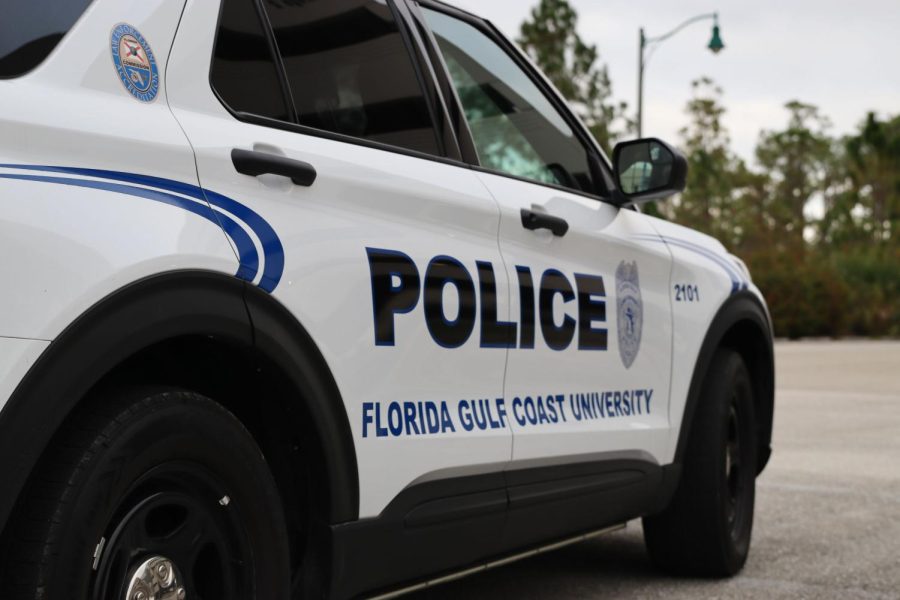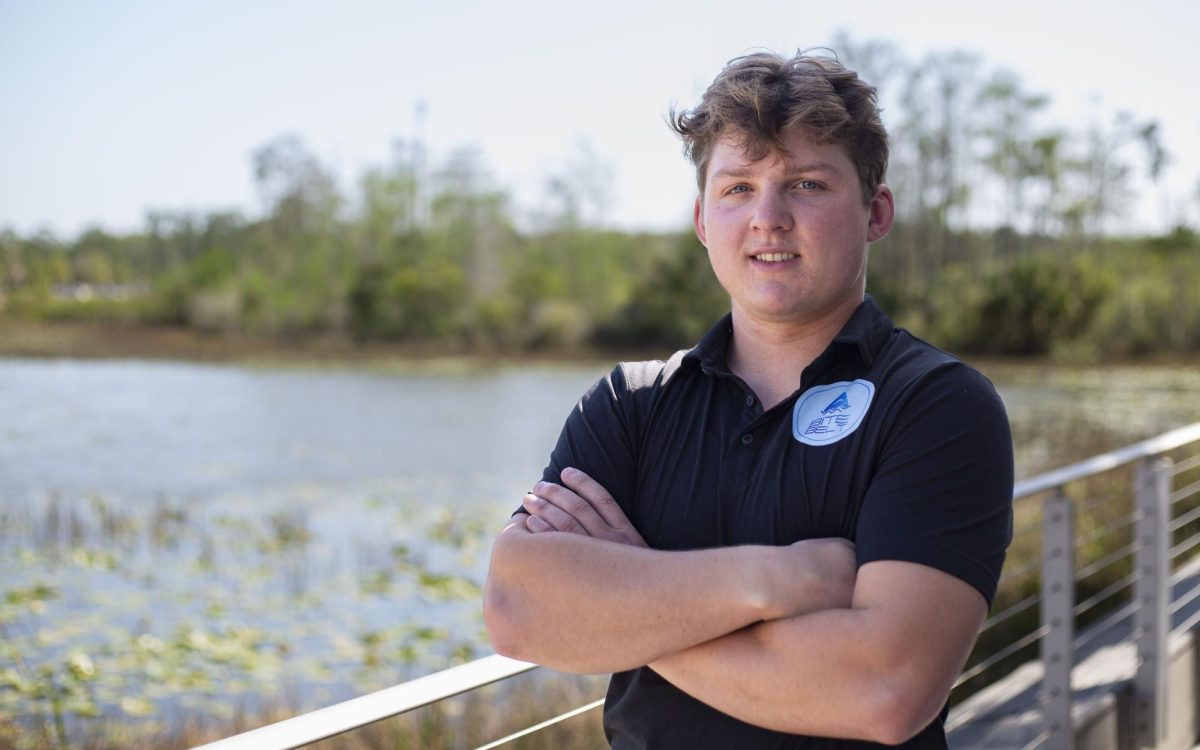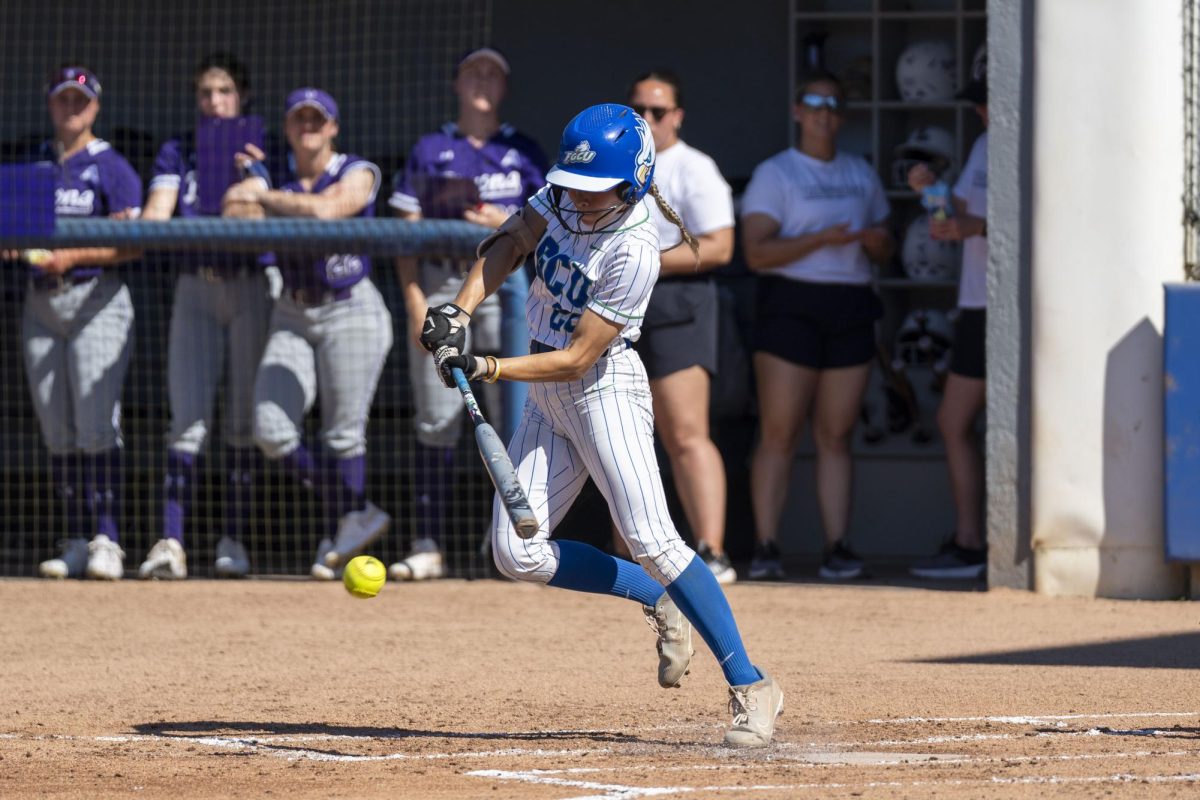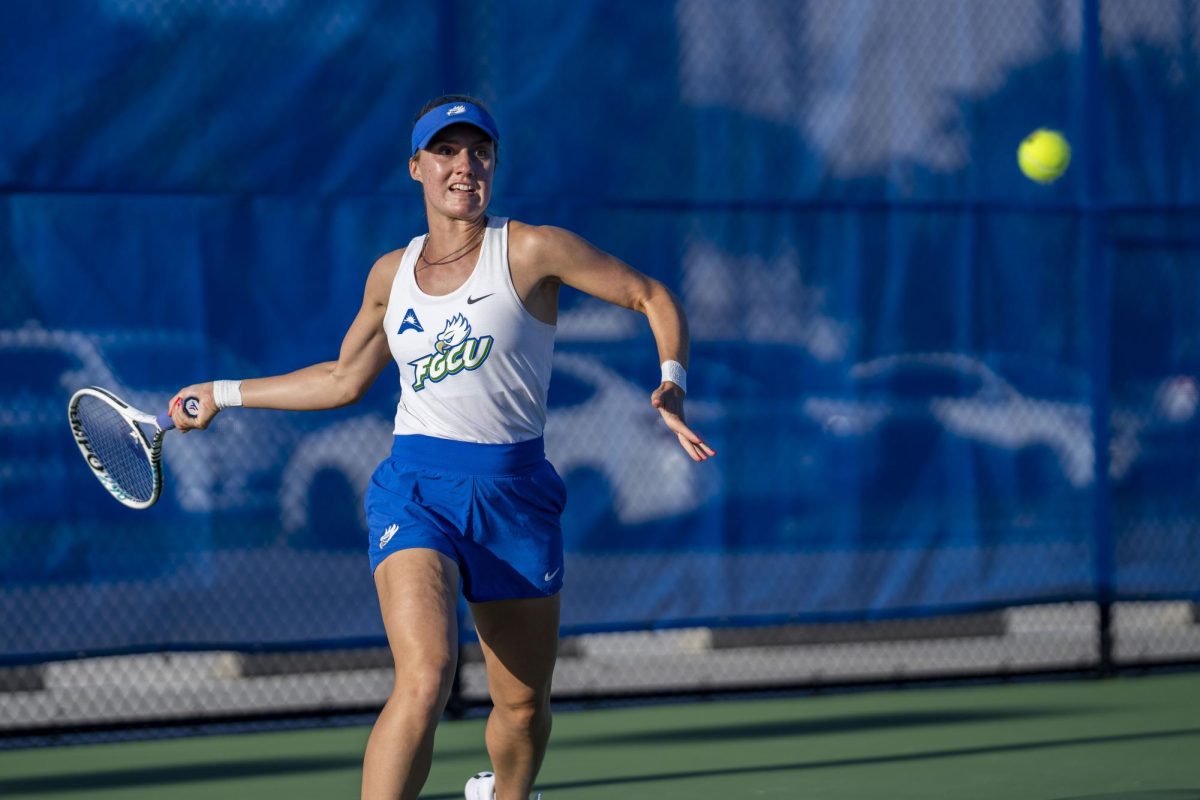By Sean C Porter
Media Editor
Over the past few weeks, one of the main stories that’s been covered across the country has been the controversy regarding college admissions. From an outsider perspective, it may look like one student here and there doesn’t really affect other students.
As a student at Florida Gulf Coast University, it has an effect on me. I was originally not admitted to the university and was put on a waitlist.
I was accepted to FGCU just two days before I graduated from Lemon Bay High School, in 2016. I made it in one of the last available spots the university had to offer, and looking back, it was a close one.
For admissions into Fall 2018, 13,098 high school seniors applied to the school and 8,181 were admitted, roughly 62 percent. Of those admitted, 2,756 enrolled to begin classes that August, which was 34 percent of admitted students.
Is it crazy to think there could have one student, who may have lower test scores but a little more money, get in above me? At some elite schools, that answer has some shady answers. At FGCU, the admissions process is pretty straightforward.
Elite vs. Elitist
FGCU President Michael Martin says that the difference between universities across the country is a difference between elite schools and elitist schools.
“I think elite universities, in my judgement, are those who serve their students based on the students need at the highest possible level,” Martin said. “To me, that’s being elite. Therefore, I think by that definition, we’re an elite university. No one has to bribe to get in here. But the people who do get in here get an education well above and beyond what they might get at some other places even that are expensive and selective.”
While FGCU does strive to become an elite and competitive university in the state, it does have some “little brother” issues. It’s not really fair to compare FGCU to schools like University of Florida and Florida State University.
From a student’s perspective
For a majority of students, this scandal can go over a lot of heads. It’s easy to dismiss this, simply because it’s not happening at FGCU.
“I’m indifferent about the scandal,” said Rickedson Alexandre, a junior at FGCU. “I haven’t looked into it because it’s not affecting my life.”
But there are students that do feel passionately about the issue, even if it hasn’t been reported at their own school.
“It’s kind of annoying, because those kids are born into rich families so they have guaranteed access to an education — financially — so all they need to do is try a little and do well in school and they’re set,” said Gabriela Rivas, a student at FGCU. “So, it’s like damn, just put some effort it and you’ll get into school anyway.”
This case has raised some ethical concerns regarding college admissions, especially when it impacts students’ futures. This dilemma has many people worried, simply because admissions offices aren’t fully transparent.
“I feel like it’s unfair to students who work hard to get into schools like USC,” said Connor Mason, a senior. “But they don’t get in because their parents don’t bribe the school.”
A brief history of FGCU admissions
FGCU has a student body of about 15,000, give or take a couple hundred to transfers, which doesn’t even come close to nearby schools like University of South Florida or University of Central Florida.
In its 21 years as a public university, FGCU has grown at a fairly constant level. Being a new university comes with both benefits and drawbacks, but it has been an appetizing spot for high schoolers since the 2013 March Madness FGCU had to become “Dunk City,” says Marc Laviolette, senior director of undergraduate admissions at FGCU.
Laviolette has been at FGCU since 1998, just the year after the school opened doors. He’s had eight different jobs at FGCU, but has been in his current role for over 14 years.
When asked about the situation of circumventing college admissions requirements through fraudulent athletics categorization that has happened at the University of Southern California, Laviolette thinks this is something he couldn’t see happening at FGCU.
“I can see that working at some of the larger, elite institutions, but that would not work here at FGCU,” Laviolette said. “The issues there is coaches in these larger Division I elite schools, they have a lot of control over who gets in.
“They’re basically told, ‘you can admit so many students, and you decide who you want to admit,’ and the admissions office may or may not have final say on who gets in.”
How coverage drove this story
It’s not a lie to say reporting can dictate how much coverage a certain topic can get. If you read a week’s worth of newspapers, you’d likely see some trends regarding news topics.
In the past, stories stayed in the news cycle for a while. In an age where social media is king and 24-hour news exists, stories can unfold faster than ever.
With this in mind, it is interesting to think how often this has happened while not being reported on. A major reason this story received the attention it did is through Twitter, and social media has been a huge indicator on trending topics.
“It’s been interesting to see (the admissions scandal) explode, and you can click on it minute-by-minute and there’s a whole other blast out there,” Martin said. “It comes with the times.”
But just because cases of admission fraud haven’t been publicized doesn’t mean it hasn’t happened in the past. When it comes to higher education, donors are a pivotal part of just about every institution.
In most cases, donors get their name on a building. In other cases, donors may want something more.
“I think (the admissions scandal has happened before, in one way or another,” Martin said. “I don’t doubt that there’s been cases of this for a long, long time. I happen to have a friend who told me that he was offered $350,000 at what was not a terribly elite college, to get two students in.”
It really made me wonder just how many people got away with bypassing college admissions before it was made into national news this past month. It also made me wonder if I wouldn’t have gotten my college education if this had happened at my school.



































